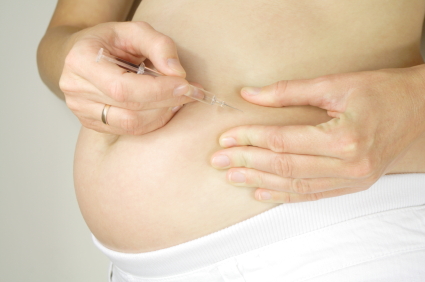Gestational diabetes is one of the most common health problems in pregnant women. If a woman has no previous history of diabetes, but she develops it during her pregnancy, she’s said to have gestational diabetes.
What does this mean?
Normally, human pancreas produces insulin, a hormone that breaks down glucose in the blood stream. During pregnancy, insulin levels drop, or due to the effects of certain pregnancy hormones, the body might not respond to insulin. Hence, blood glucose levels rise, causing Gestational Diabetes (GD).
Around 3-10% of pregnant women develop gestational diabetes worldwide. In India, it’s found in up to 21% of pregnancies.
Should I be worried?
Around 60% of pregnant women diagnosed with gestational diabetes appear healthy. However, medical associations have laid down certain risk factors that might increase the chances of developing GD in an expectant mother.
You may be at risk if
- You are overweight/obese
- Sugar is reported in your urine test.
- You have had gestational diabetes earlier or have a family history of diabetes.
- You are above 35 years of age.
- You have had still birth earlier.
- You have given birth to large babies (weighing between 8 to 9 pounds) earlier.
- You smoke or you have high blood pressure.
Indian women and Asian women in general, are found to be at higher risk for gestational diabetes.
When can GD be diagnosed
The condition has no obvious symptoms. So unless a glucose screening test is done, the doctor might not be able to point out whether you have it or not. Women, who are at high risk, are tested as early as at 16 weeks of pregnancy. However, usually your gynecologist would test you at around 24-28 weeks, followed by at 32-34 weeks of pregnancy. You are first tested for gestational diabetes through the glucose screening test, which if positive, has to be followed by a glucose tolerance test for confirmation of results.






